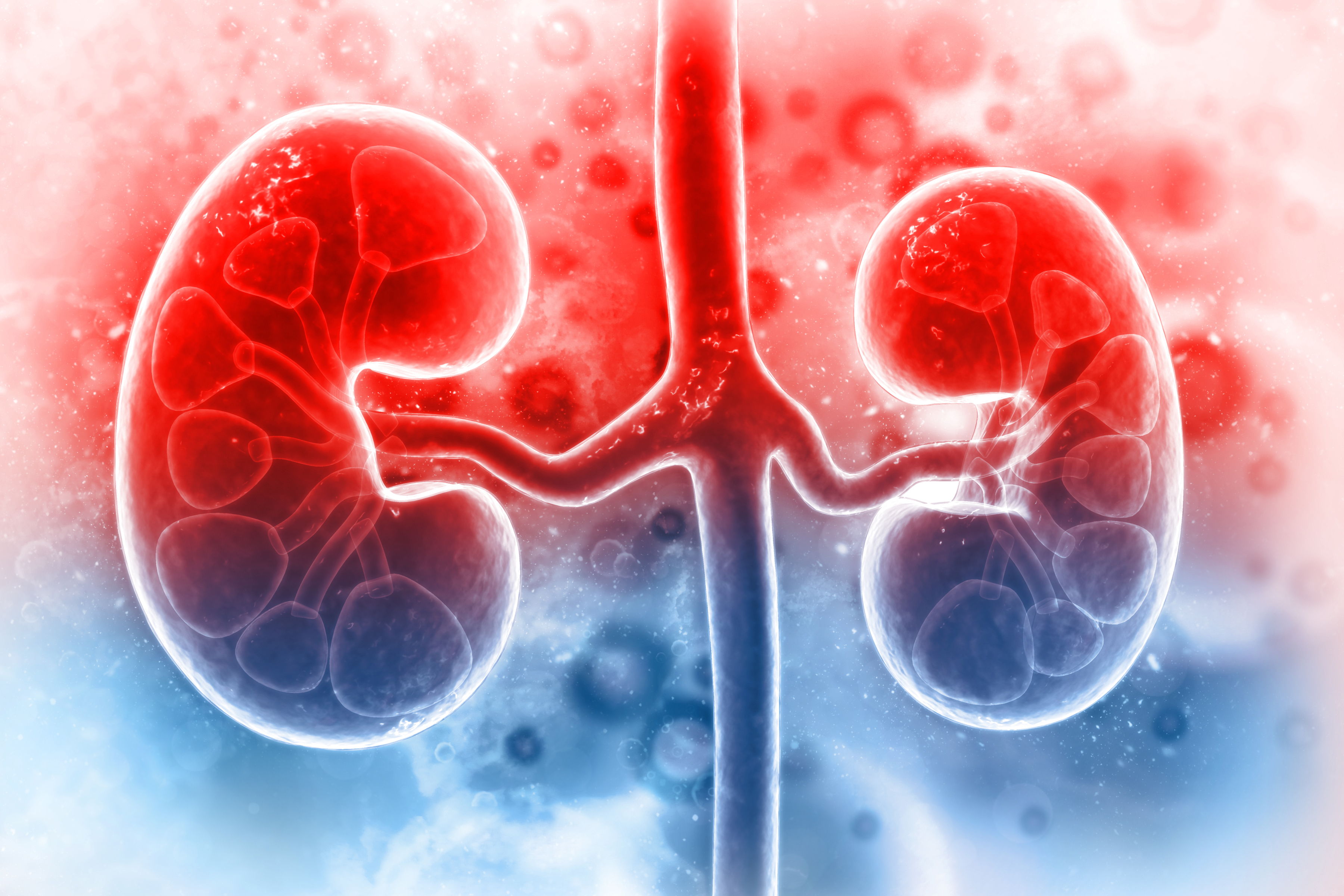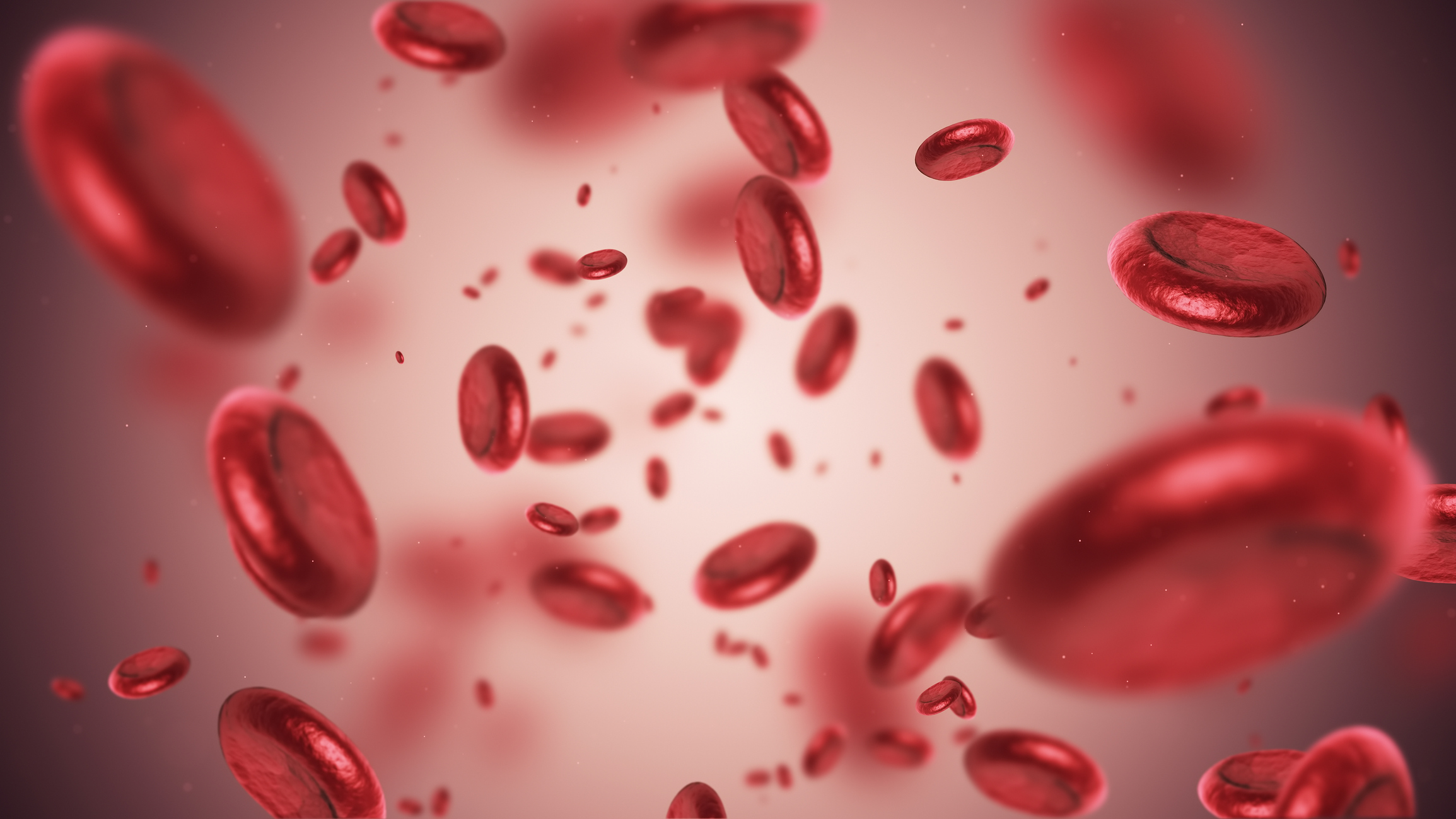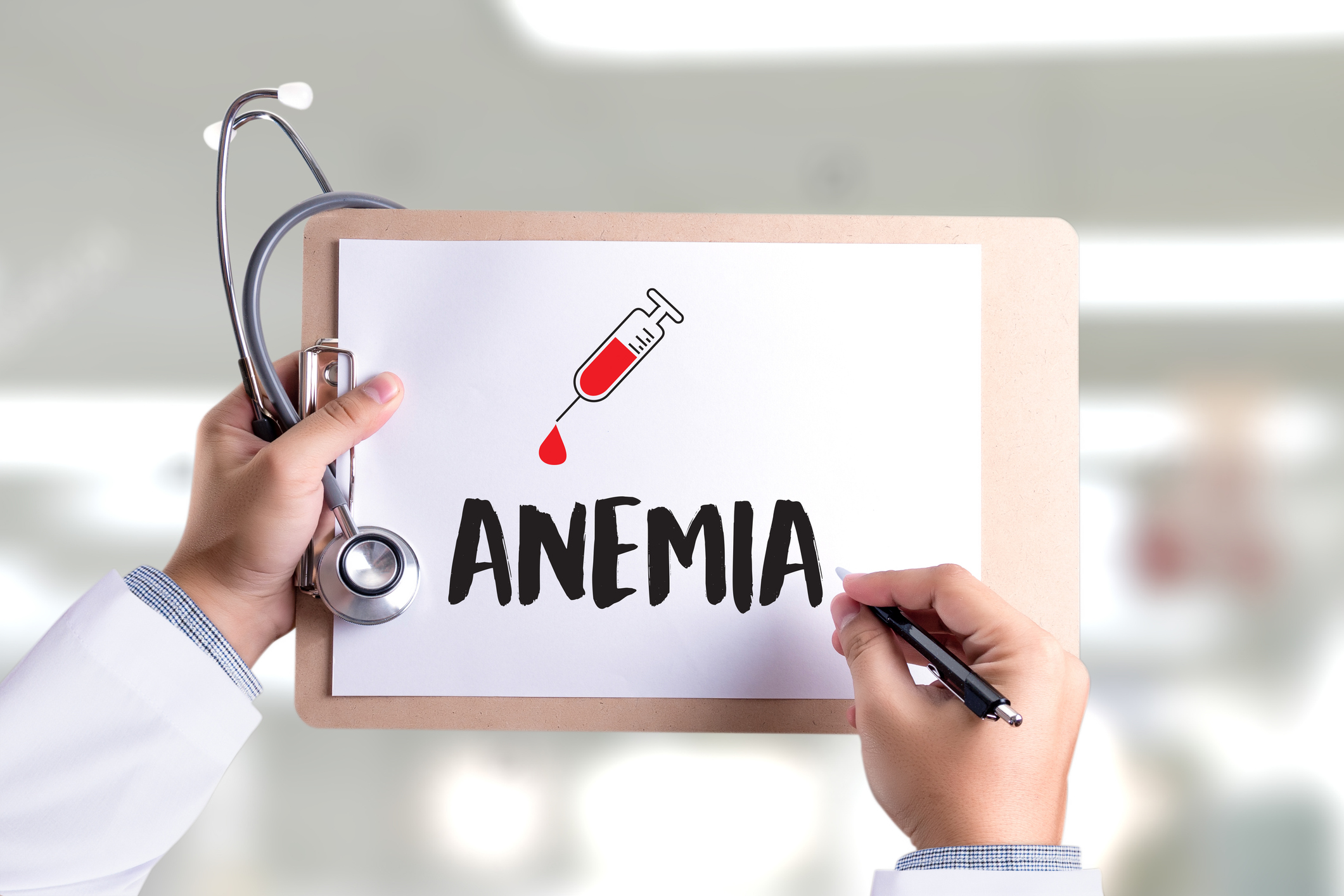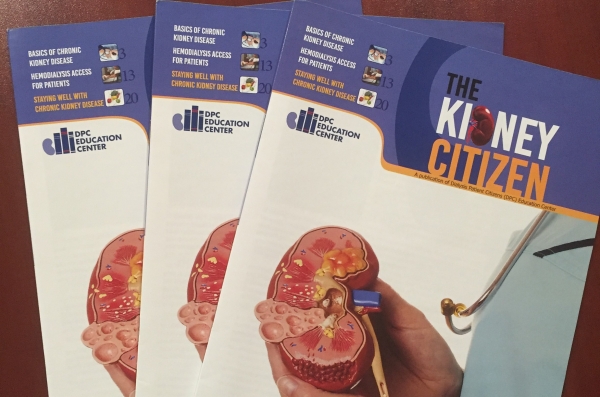News & Events
Discover new information and educational offerings that we provide. Explore our newsletters, blogs and upcoming webinars/conference calls.
Contents:
What is Dialysis and Chronic Kidney Disease?
It is estimated that more than 31 million American adults have chronic kidney disease (CKD). However, a survey done by the National Medical Association and Amgen shows that most adults know very little about the symptoms or treatment of the disease. How can people be so unaware of a disease that affects so many? Like diabetes and high blood pressure, chronic kidney disease is called a “silent killer” because there are few symptoms and by the time a person realizes they have a problem, much damage has already been done. By sharing information you can help save lives. Because chronic kidney disease happens over time, creating awareness and encouraging people to get their kidney function checked regularly may [...]
What You Can Do to Manage Your Anemia
Anemia is common among individuals with chronic kidney disease. Take this quick quiz to find out if you might have anemia: Do You Have These Symptoms of Anemia? I am very tired all/a lot of the time I feel like my muscles are weaker than they used to be I feel dizzy or lightheaded-like I might pass out I feel short of breath after even a little bit of activity I am cold when others around me are not I feel confused or have trouble thinking clearly I have very pale skin and/or bluish fingernails or lips I crave to chew ice or to eat clay, starch, dirt or other non-food substances I am having [...]
What Are My Options If I Have Kidney Failure?
While many people learn suddenly that they have kidney failure, or end stage renal disease (ESRD), chronic kidney disease (CKD) happens over time. For those who know they will be facing kidney failure, they have time to learn about the treatment choices, or modalities, available and prepare. Whether a person has months to prepare or needs to make a sudden decision about which modality is right, his or her doctor or nephrologist (doctor specializing in kidney care) will help educate and guide. Dialysis and Kidney Transplantation There are two treatments for kidney failure: dialysis and transplantation. Dialysis is a treatment that cleans the blood to remove waste when the kidneys are no longer able to [...]
Kidney Health Disparities
African American, Hispanic, American Indian and Alaska Native adults are twice as likely as white adults to have diabetes, which is the leading cause of chronic kidney disease (CKD). High blood pressure, obesity, and a family history of kidney disease are also major risk factors for CKD. Other factors that can lead to kidney failure include drug abuse, HIV, and sickle cell disease. CKD and its progression to kidney failure (also known as End Stage Renal Disease, or ESRD) is devastating and disproportionately affects minority communities. African Americans are 3.6 times more likely to have kidney failure. Hispanic Americans and Native Americans are almost twice as likely to develop kidney failure when compared with the general [...]
Low Blood Pressure – Intradialytic Hypotension
By Dori Schatell, Medical Education Institute One of the main jobs of dialysis is to remove excess water from your body. Seems pretty simple, right? Like wringing out a wet towel? Of course, your body is more complex than a towel—and taking over a task that healthy kidneys did isn’t really so easy. Removing water can lower your blood pressure at dialysis, which can make you feel wretched during and even after a treatment. We’ll tell you why—and how you can stop it. Fluid in Your Body Maybe you’ve heard that the human body is made mostly of water. It’s True — and water in your body is found in three “fluid compartments:” Inside [...]
The Power of Iron
Why is iron so important in kidney disease? The answer is that iron can help with anemia (a lack of red blood cells), which is a common problem for people with kidney disease. Anemia can be a significant problem for you as a kidney patient because of the nature of kidney disease. The kidneys have four basic functions: Removal of waste products Maintain fluid balance Restore electrolyte and acid/base balance Stimulate the release of certain hormones The dialysis process takes care of the first three functions. The hormone erythropoietin (or “EPO”) stimulates your bone marrow to produce red blood cells. Your kidneys are responsible for 90% of erythropoietin (EPO) stimulation. Without EPO there is no [...]
High Blood Pressure and Chronic Kidney Disease
Blood pressure is the measure of how much pressure or force your heart needs to use to push your blood through your blood vessels. High blood pressure – a serious medical condition in which the force needed to move the blood is too high, making the heart work extra hard – is one of the top causes of chronic kidney disease (CKD). When blood pressure is too high, it can cause the walls of blood vessels to thicken and become stiff and can also damage other organs throughout the body. If a person’s kidneys are damaged by diabetes, this can actually lead to high blood pressure. Healthy kidneys make an enzyme called renin, an [...]
Treating Anemia
This fact sheet answers some questions for people with chronic kidney disease (CKD) or on dialysis who are receiving Erythropoiesis Stimulating Agents (ESAs) to treat their anemia. This fact sheet also provides some questions to help you talk with your doctor or anemia management nurse about your treatment. Why am I getting this information? You are getting this information because you have been prescribed an ESA or you and your doctor may be considering whether you should take one. The common brand names for these drugs are Aranesp®, Procrit® and Epogen®. You may have heard or read about risks with the use of ESAs to treat anemia. Like any medicine, ESAs have both short [...]
Diabetes and Chronic Kidney Disease
People with diabetes have a greater risk of developing serious problems with their kidneys. In fact, diabetes is one of the leading causes of chronic kidney disease (also called CKD). To better understand why diabetes is a top cause of CKD, it is important to know more about diabetes and how it can damage your kidneys. Diabetes is a disease that affects a person’s sugar levels (also called blood glucose levels). There are two main types of diabetes. Type 1 diabetes occurs when the pancreas (an organ in the body behind the stomach) does not make insulin any longer. Type 2 diabetes occurs when the pancreas still makes insulin, but not very much at all, [...]
Be Prepared During an Emergency with this Meal Plan for Dialysis Patients
Emergencies happen every day and the more prepared you are for an emergency the better your outcome will be. Depending on the situation and on the stage of your kidney disease, you may be without your normal clinic or unable to grab all of your home supplies. You should have an emergency survival kit that includes: Food and water for each person for three days Flashlight with fresh batteries First aid kit Three days’ worth of medications Prescriptions and instructions to administer in case you are unable to communicate Emergency numbers for your doctors and or dialysis center If you are a dialysis patient, your emergency three day meal plan should have about 40-50 grams of [...]
Following a Diet as a Transplant Patient
After you receive a transplant, it is possible that many of the diet restrictions you had during dialysis will disappear. This however, doesn’t mean that proper nutrition is any less important. Also, if you have other conditions like hypertension and diabetes, you will need to continue following those diet restrictions. Taking immunosuppressants and anti-rejection medications. (1) To keep your new organ healthy, you will need to take an immunosuppressant drug. Just like the name sounds it suppresses your body’s immune system response to your new organ. Even with careful matching your body won’t recognize the new kidney as its own and will raise your defenses to get rid of it. The side effects of the medications [...]
Questions Patients Should Ask Their Healthcare Providers
It is critical to be an active and engaged participant in your own care. Reading this article will help you make sure you are getting the care you need. Any time new medicines or tests are ordered for you, it is important to ask questions. It can be intimidating to ask doctors or nurses these questions, but you are not able to make informed decisions without all of the facts. The Agency for Healthcare Research and Quality's (AHRQ), part of the part of the Department of Health and Human Services, was created to help with this process. The AHRQ has developed a patient guide of questions to help start the conversation with all of your [...]
Medicare by the Letter
Part A Medicare part A is designed to help cover expenses for institutional care. These mean hospitals, skilled nursing facilities after a hospital stay, hospice and home health care. For people who paid Medicare taxes (or their spouse did) while working this coverage does not cost any money. A person might also be able to buy this coverage if they are disabled and meet residency requirements. People who are receiving disability from Social Security or the Railroad Retirement Board will automatically receive information near the time they will become eligible for Medicare. Those who are not receiving retirement benefits should contact Medicare 3 months before they turn 65. Even if a person does not [...]
The Medicare “Donut Hole”
The Coverage Gap The way Medicare Part D was designed there was a planned coverage gap, which has become known as "the donut hole". This gap has caused a great deal of confusion and higher than expected out of pocket costs for medications. When do you reach the gap? The gap begins when a person reaches a predetermined amount during the year based on average retail cost of drugs. In 2011, that amount is set at $2840. Since Medicare drug plans negotiate for a lower price the average retail cost is not what you actually paid out of pocket. Every drug plan can have a different negotiated amount so the same drug may cost different [...]
Medicare and the Part D Donut Hole
An ounce of prevention is worth a pound of cure? This saying, made famous by Benjamin Franklin, is as true today as it was in the 1700's. Preventative care and early treatment can impact the outcome of most diseases. Mammograms and prostate screening are effective tools against cancer Sunscreens and limiting outdoor exposure to direct sunlight are effective methods to lower the risk for skin cancers The proper use of medication can also prevent conditions from forming or stop existing conditions from worsening. A potential growing gap is forming between what the doctor orders and what the patient may or may not be taking. According to the Journal of the American Medical Association (JAMA) one [...]
Dual Eligibility Medicare/Medicaid
Dual Eligibility refers to a person being eligible in some way for both Medicare and Medicaid. Medicare is a federal program while Medicaid is a state program that is available to those with low income and/or resources. Medicare and Medicaid Medicare covers acute care services and Medicaid covers Medicare premiums and cost sharing expenses. Medicaid may also cover expenses for long term care. There are different types of eligibility and this link goes to a report with a table that outlines the differences http://www.medpac.gov/publications%5Ccongressional_reports%5CJune04_ch3.pdf Medicare is considered the primary insurer and covers medically necessary acute care services, including physician, hospital, hospice, SNF, home health services as well as durable medical equipment (DME). Medicaid is [...]
Medicare and ESRD
Medicare helps to pay for kidney dialysis as well as kidney transplants. Eligibility A person whose kidneys no longer work can get Medicare no matter what their age as long as they meet other criteria. You have worked long enough to qualify for retirement benefits from Social Security, the Railroad Retirement Board, or as a government employee You are already receiving retirement benefits You are the spouse or child or a person who meets either of the above criteria In order to receive full benefits you must apply for both Medicare Part A and B and wait the required amount of time. If you don't qualify for Medicare, you may be able to get [...]
Medicare 101
Medicare Overview Most Americans have heard of Medicare, approximately 45 million people were receiving Medicare benefits in 2008. The Centers for Medicare and Medicaid Services (CMS) has predicted that there will be 78 million people eligible for the program by the year 2030. It might be expected that Medicare is very well understood, but the reality is that there are many pieces and parts that can be very confusing to the average person. A recent search on the internet for the term “Medicare” returned more than 16 million results in less than 1/10th of a second. It would take a person a really long time to read through all of those references. We hope to [...]
Kidney Patients and the Donut Hole
Can the Medicare "Donut Hole" Affect Kidney Patients? The short answer to this question is "maybe". The longer answer reveals that the gap affects some Medicare recipients more than others. A closer look will help to explain the reason why these two answers are different and how your patient may be affected. What is it? The "donut hole" is a gap in prescription drug coverage under Medicare. This gap begins when a person reaches a predetermined amount during the year based on average retail cost of drugs. In 2011 the gap begins when a person spends $2840 in actual out of pocket drug costs in a year. They reach the other side when their costs [...]
Taking Care of Yourself When You Have Chronic Kidney Disease
Taking Time for Fun With or without chronic kidney disease (CKD), life is what you make it. Some patients with CKD may choose to withdraw. Others may choose to do as much as possible and live life to the fullest. The choice is yours. Maybe you want to spend more time with family and friends. If so, plan an outing with them. They’ll appreciate your effort and you can feel good about taking charge. Decide what is most important to you now. Then take the steps necessary to make it happen. Tips for Coping You might feel like you are no longer in charge of your life, but the truth is, you’re probably finding ways [...]








